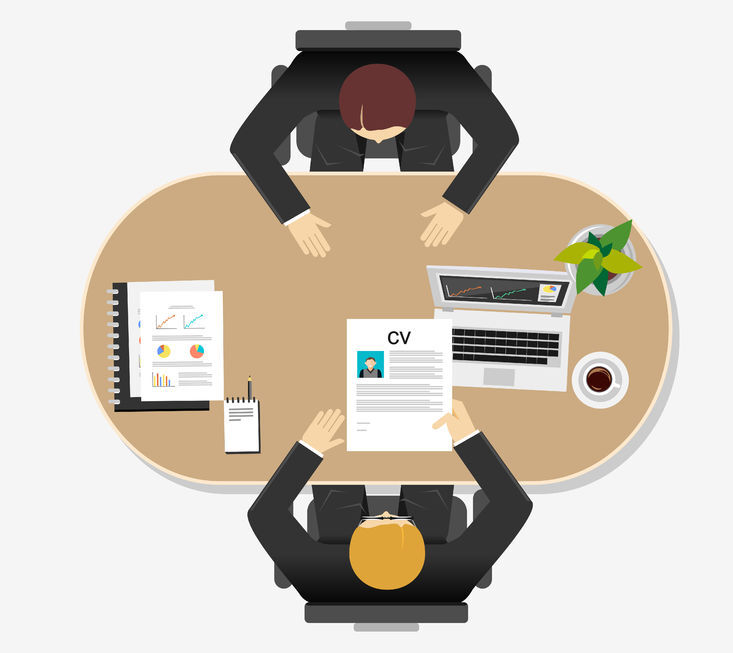Interview Etiquette for the Interviewer
Posted over 7 years ago by Rob Markwell
There's a lot you can read about interviews and how to excel at them, but most of this advice is aimed at candidates rather than interviewers. In the current talent led market it is just as important, if not more so, for the person conducting the interview to make a good impression. We've put together some interview etiquette advice to help you do just that.
The person you are interviewing just isn’t going to be right
Be measured in discounting candidates. Some people you might not gel with within those first key five minutes but don’t cut people off. They have made the effort to come to see you, give them space to show you what they can do. If it is still apparent they are not a right fit, it is still an opportunity to tell that person why you’re a great place to work. If they’re not successful but leave with a good experience and positive things to say, they are likely to spread the word.
Finding the ideal candidate early on and needing to cancel any remaining interviews
If you feel like you have found the perfect candidate for you and aren’t sure whether or not to cancel any remaining interviews you have booked in, check out this previous blog we put together about making that decision.
Letting the remaining candidates know in a dismissive or uncaring way can leave some with a bad impression of your company. In the world of social media where bad reviews can instantly be shared with large amounts of people, a negative hiring reputation can be hard to overcome. Some people will be unhappy regardless of how you handle the process, but you should always try to make it as polite and professional as possible. Remember to only cancel the remaining interviews if you have offered the preferred candidate the job and they have accepted.
If the candidate was at first interview stage put together an email as quickly as possible informing them of the cancellation and letting them know that the position has been filled. Thank them for their interest and wish them well with the rest of their job search. If the interview was at the second/final stages give the candidate a call. You will have already met them and a quick call is more personal than sending an email. Again thank them for their time previously and wish them well with their job search. Do not, as this article reported, wait four years to respond to the candidate!
Regardless of whether you do or do not cancel the interviews, how you handle the response is important. You should always make sure to send a response to the interviewee and make it considerate and polite. In an increasing talent lead market, your reputation can make or break you in the future when trying to obtain top talent.
Be prepared
One of the top things we expect of candidates is that they are prepared and the same should be expected of interviewers.
Coming to the interview late can cause a multitude of problems. If you have other interviews scheduled you could compromise the rest of the times and begin to rush the process. Not allowing enough time for interviews might stop you from getting enough time to accurately understand if a candidate is suitable and can also be seen as disrespectful of other peoples time, not a good impression to make!
You may have a usual line of interview questions you run through, but not reading the candidates CV in advance is a massive error to make. The candidate is expected to come with some knowledge of the company, so you should extend the same courtesy. Reading through the CV during the interview could be off-putting for the candidate and offer a negative view that the business may not take preparation seriously. It is important to remember that a CV cannot tell you everything about a person but in reading it, it may inspire different questions specific to the individual.
Pay attention
Another thing we consistently tell candidates that applies to the interviewer too; silence your phone. Phones are a massive distraction, whether it is ringing or you are actively looking through it, you are not giving your full attention to the interview which is not only rude but will stop you from understanding if the candidate is truly right for you.
The same can be said for laptops and others interrupting, you know the interview is happening so make sure to book the time out in your diary so that others know they cannot contact you during this time. The person in front of you may be a future colleague, show them early on that what they say matters.
Fundamentally, no two hiring situations and decisions are the same, so it’s impossible to apply a one-size-fits-all solution and our advice to clients will always factor in their specific circumstances.




